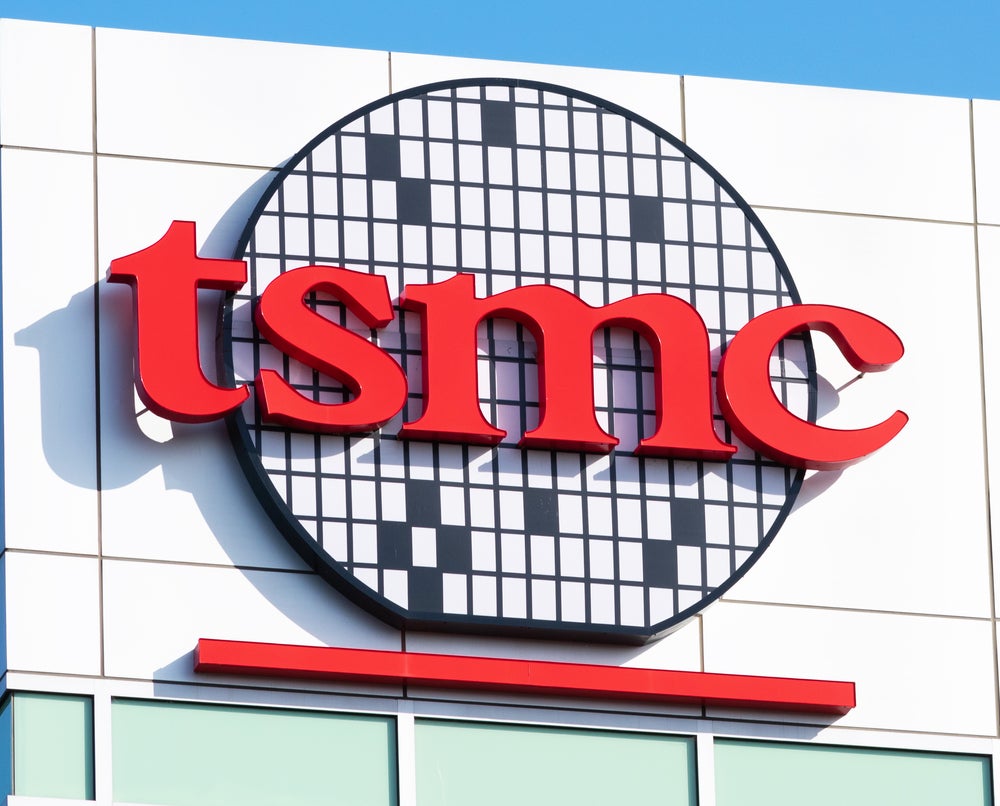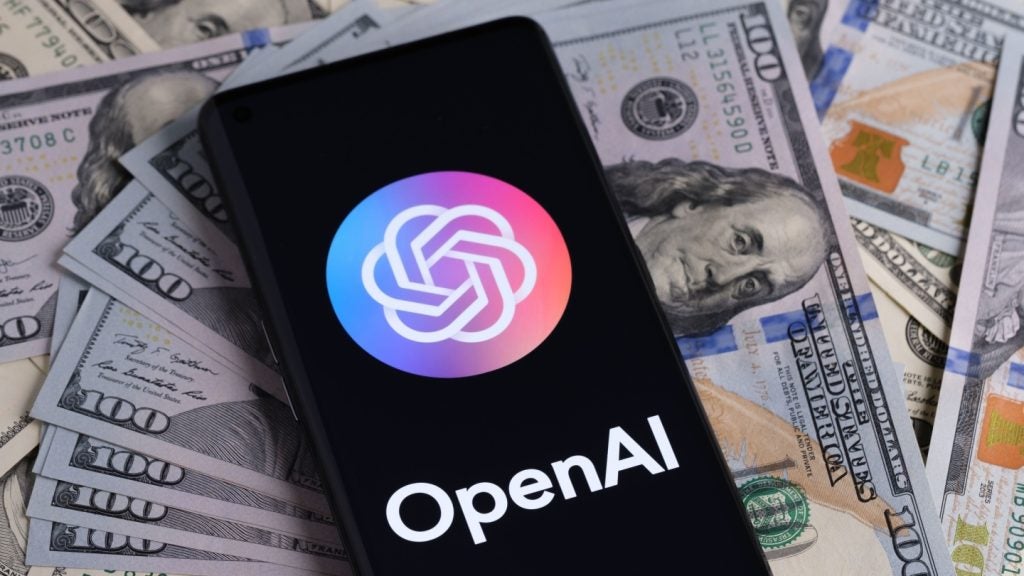
Virtual worlds need virtual assets. Owning a business in the metaverse may therefore seem like a mirror image of physical enterprise. However, the complexity and volatility of these emerging asset classes presents obstacles to success in a virtual world.
Let’s work through a hypothetical example to find out what these obstacles might be.
Metaverse production and payment
Suppose Grumpy Jack, the miserable CEO of a dying clothing brand called Clothes Inc, reads an article about the metaverse in January 2022. Like most, he doesn’t quite understand it, but reads that it’s the next fashion goldmine, so he makes a Decentraland account to take his business to the next level.
Grumpy Jack realizes that he does not know how to make virtual clothes, so he hires a developer named Dev on LinkedIn to do it for him. Dev enlightens him as to how virtual fashion can make his business more sustainable, provide him with cost-effective marketing, and prevent counterfeits of his clothing items by minting them as NFTs on the Ethereum blockchain.
Dev tells Grumpy Jack that he wants to be paid in MANA tokens, which is Decentraland’s primary medium of exchange. But it turns out that Grumpy Jack needs a cryptocurrency-denominated wallet to do any form of business in the metaverse.
Banking
Grumpy Jack quickly realizes that the banks he once knew are nowhere to be seen, so he decides to go with MetaMask, a popular crypto wallet with over 21 million monthly active users. He immediately puts $2.5 million, around half of his savings, into Ethereum-based tokens without hesitation so he can get to work.
How well do you really know your competitors?
Access the most comprehensive Company Profiles on the market, powered by GlobalData. Save hours of research. Gain competitive edge.

Thank you!
Your download email will arrive shortly
Not ready to buy yet? Download a free sample
We are confident about the unique quality of our Company Profiles. However, we want you to make the most beneficial decision for your business, so we offer a free sample that you can download by submitting the below form
By GlobalDataGrumpy Jack wants to buy virtual land and build a virtual property to showcase and market his clothes, but he is more eager than ever to jump-start his dying business. He wants the most expensive, high-traffic parcel of land he can find and concludes that he would prefer to finance the purchase with a mortgage. He begins liaising with TerraZero Technologies, a metaverse technology company that offers metaverse mortgages.
Metaverse real estate
Grumpy Jack speaks to Voxel Agency, a real estate agency in the metaverse. Mr. Brick, his real estate agent, hears of his troubles and tells him about the Fashion Street Estate in Decentraland’s high-traffic fashion district. It is worth over $2.4 million or almost eight million MANA tokens. Grumpy Jack is desperate to breathe life into his business, so he tells Mr. Brick that he’ll take it. TerraZero concludes that Grumpy Jack qualifies for a mortgage so agrees to lend him $250,000.
The metaverse real estate market is very much in flux and does not have a lot of dependable long-term data to back up valuations. TerraZero, therefore, tells Grumpy Jack that the loan must amortize within two years. He isn’t keen but agrees nonetheless so he can stay ahead of the game.
Metaverse loans operate more like a contract for deed. This means TerraZero will hold ownership of the property until the mortgage is paid off.
Law
After a successful month of selling virtual clothes, disaster strikes. In February 2022, the hype surrounding the metaverse and crypto begins to die down, and the MANA token begins to crash. Grumpy Jack naively leaves his money in MANA while he focuses on selling virtual clothes to keep his business going. Come May time, MANA has devalued by over 70%, compared to the US dollar. TerraZero already has ownership of the Fashion Street Estate, but it is no longer worth enough to cover the US dollar mortgage. Grumpy Jack tries to pay off as much as he can but ultimately defaults. His business is now doing worse than it ever was before he joined the metaverse, and he needs a way out.
Grumpy Jack wonders what he could have done differently. He looks for solutions to compensate him for losses that were largely out of his control, but the nascent crypto industry legislations for investor protection in the US are not robust enough to help.
Grumpy Jack now needs to work on rebuilding his business outside of the metaverse. He buys a subscription for the Apparel Intelligence Center by leading data and analytics company GlobalData to understand how the metaverse impacts his business. It is safe to say he will do his homework before investing in the metaverse again.







